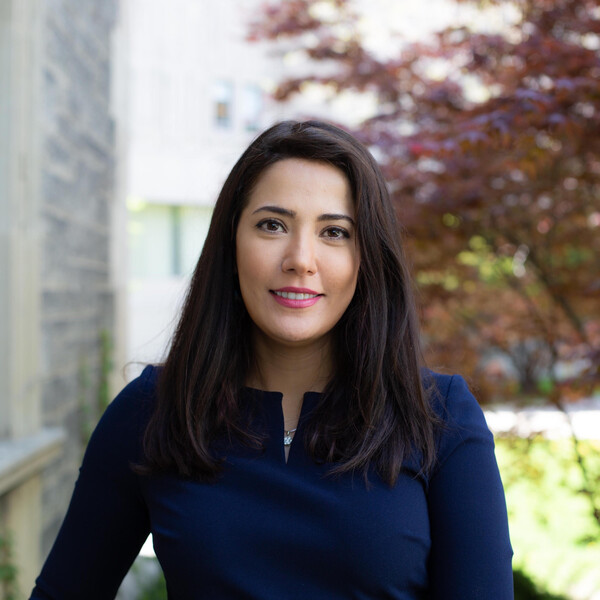Mitochondrial Innovation Initiative (MITO2i)-TDRA Fellowship
Description
The Toronto Dementia Research Alliance (TDRA) has partnered with the Mitochondrial Innovation Initiative (MITO2i) to co-fund an innovative new fellowship offered through the University of Toronto. Fellows will be engaged in collaborative, multidisciplinary research that explores mitochondrial function or dysfunction in relation to dementia. Key areas of focus include biomarkers of mitochondrial dysfunction, and the impact of these disorders on cognitive and functional abilities, quality of life, interpersonal relationships, and other biological correlates.
The MITO2i-TDRA fellowship is open to MD specialists or PhDs pursuing post-doctoral fellowships. Candidates with an MD must have completed a residency training program in geriatric medicine, neurology, neurosurgery, physical medicine and rehabilitation, psychiatry, or another brain-related specialty. If the successful candidate is an MD, it is expected that at least 60% of the fellow’s time will be devoted to research.
Candidates must be under the supervision of a PI at a TDRA site (Baycrest, the Centre for Addiction and Mental Health, Ontario Shores Centre for Mental Health Sciences, Sunnybrook Health Sciences Centre, or the University Health Network). Candidates under the supervision of a PI at St. Michael’s hospital may also apply. There is only one fellowship available per application cycle. The successful applicant will receive $60,000 CAD toward salary compensation for one year.
Apply
TDRA is not currently accepting applications for the MITO2i- TDRA Fellowship. For more information please contact:
Sonya Brijbassi, Associate Director, Strategy & Partnerships MITO2i
Luca Pisterzi, Director, Strategy & Operations TDRA
Meet the 2022-2023 MITO2i-TDRA Fellow

Through a competitive process, we are pleased to introduce the 2022-2023 MITO2i-TDRA fellow, Dr. Neda Rashidi-Ranjbar. Under the co-supervision of Dr. Tom Schweizer and Dr. Corinne Fischer at Unity Health Toronto, Dr. Rashidi-Ranjbar will be leading a study that investigates the efficacy of photobiomodulation (PBM), a form of therapy that uses lights, in the treatment of early Alzheimer’s disease (AD).
Dr. Rashidi-Ranjbar is a clinician-scientist with experience in clinical and cognitive neuroscience. She completed her Medical Doctorate at the Tehran University of Medical Sciences, Iran. She holds a Master’s of Science Degree in Cognitive Neuroscience from Trento University, Italy. Dr. Rashidi-Ranjbar also recently successfully defended her PhD at the Institute of Medical Science at the University of Toronto, Canada. As a doctoral researcher, Dr. Rashidi-Ranjbar studied alterations of brain networks (i.e., MRI data analysis) in people living with AD and in those at risk for developing AD (e.g., those with remitted depression) at the Centre for Addiction and Mental Health (CAMH).
Through her work, Dr. Rashidi-Ranjbar has gained strong experience in multi-modal neuroimaging studies and clinical trials in neurologic, psychiatric, and healthy populations.
